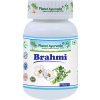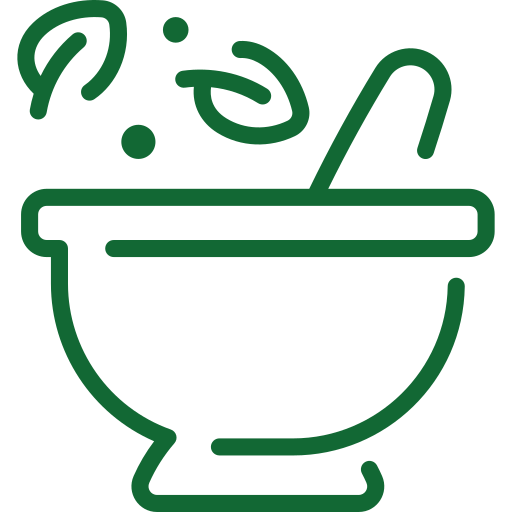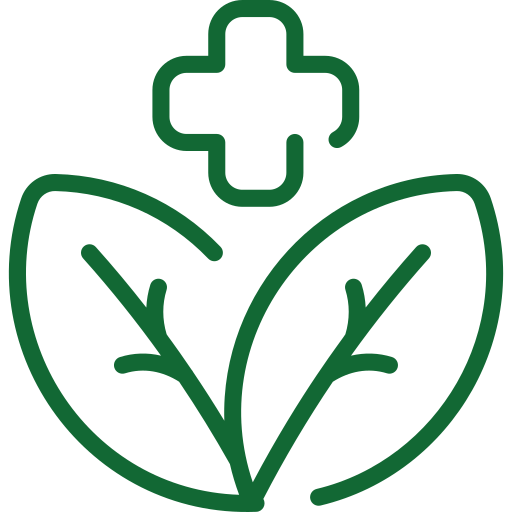Heart arrhythmia
Arrhythmia of the heart - a modern and Ayurvedic view of treatment
A cardiac arrhythmia is a heart rhythm disorder in which the heart beats too fast, too slowly, or irregularly. Symptoms may include a feeling that your heart is pounding (palpitations), irregular fast heartbeats, tiredness, dizziness, lightheadedness, chest pain, or loss of consciousness.
Causes
From the point of view of modern medicine, cardiac arrhythmias can be caused by heart disease, high blood pressure, metabolic disorders, stress or genetic factors. From the point of view of Ayurveda, the causes of arrhythmia can be linked to several factors:
-
Disharmony in the tridoshas: imbalance in the tridoshas can be one of the main factors leading to heart arrhythmia. A vata imbalance can contribute to an irregular and uncoordinated heartbeat, while a pitta imbalance can increase heart rate and cause overheating. Kapha imbalance can lead to thickening of blood circulation and subsequent arrhythmia.
-
Stress and emotional pressure: strong emotional stress and pressure can affect the heart rhythm. In the Ayurvedic view, high stress can cause disharmony in the mental sphere, which can affect the activity of the heart.
-
Improper diet and lifestyle: eating unhealthy foods such as heavy, fatty or sugary foods can contribute to the accumulation of toxins in the body and the development of health problems, including heart arrhythmia. Likewise, improper lifestyles such as lack of exercise, lack of sleep and irregular eating habits can also have a negative effect on heart function.
Recommended herbs
- Arjuna (Terminalia Arjuna): this tree is known for its cardiovascular properties and can help strengthen the heart and regulate heart rhythm
- Brahmi (Bacopa monnieri): is known for its adaptogenic properties that can help relieve stress and anxiety, which can be associated with heart arrhythmias
A suitable combination designed by Dr. by Vikram Chauhan (Arjuna 2 capsules 2x a day, Brahmi 2 capsules 2x a day)
Recommended diet and lifestyle
According to Ayurveda, it is important to follow a balanced diet that supports the balance of the tridoshas (vata, pitta, kapha). It is recommended to consume fresh, organic foods, vegetables, fruits, whole grains and limit the consumption of refined sugars and processed foods.
Regular meditation and yoga: meditation and yoga are an important part of the treatment regimen for heart arrhythmias in Ayurveda. They help to relax the body and mind, reduce stress and restore the balance of the tridoshas.
Lifestyle and eating habits: an important part of heart arrhythmia treatment is also modified lifestyle and eating habits. A healthy, balanced diet and a regular exercise regimen are important for maintaining heart health and overall well-being.
Treatment of heart arrhythmia should be individual and aimed at overall improvement of body health and support of the heart system. However, it is important to consult a qualified physician or Ayurvedic medicine practitioner before starting any treatment regimens.










